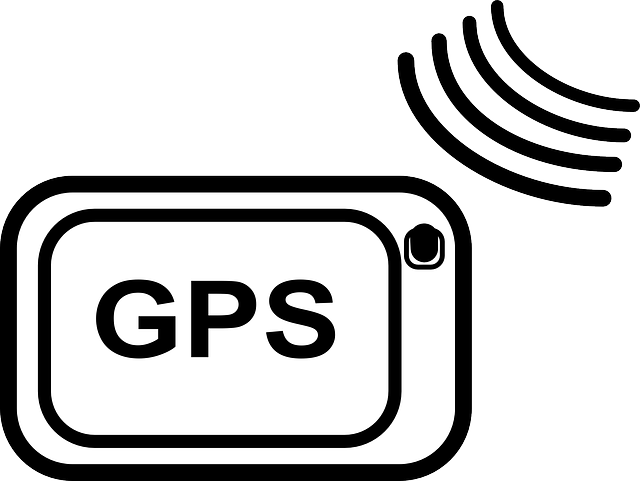Navigating Oregon DHS child welfare cases demands a blend of legal knowledge and support. Understanding the structured process, from initial reports to court hearings, is crucial. Families can leverage resources like legal aid organizations, social work agencies, and community groups for guidance and case management strategies. These supports ensure voices are heard and rights protected within Oregon's DHS legal procedures.
“Navigating Oregon DHS child welfare procedures can be complex, but understanding the process is crucial for those involved. This comprehensive guide offers an in-depth overview of Oregon DHS child welfare cases, providing valuable insights into the legal procedures and rights of all parties.
We explore effective strategies for navigating these cases, ensuring individuals are equipped to protect their interests. Additionally, we highlight essential resources and support systems available, aiming to demystify this process and offer clarity in a challenging time.”
- Understanding Oregon DHS Child Welfare Cases: A Comprehensive Overview
- Strategies for Navigating DHS Legal Procedures in Oregon
- Resources and Support for Individuals Involved in DHS Child Welfare Cases
Understanding Oregon DHS Child Welfare Cases: A Comprehensive Overview

Understanding Oregon DHS Child Welfare Cases involves grasping a complex web of legal procedures designed to protect and support children in need. The process is meticulously structured, ensuring that every child involved receives fair treatment and access to necessary resources. Oregon DHS, or the Department of Human Services, plays a pivotal role in managing these cases, implementing strategies tailored to each unique situation. From initial reports of abuse or neglect to case assessments, court hearings, and potential placements, understanding the DHS legal procedures is paramount for anyone navigating an Oregon child welfare case.
Navigating these DHS cases requires not only familiarity with the legalities but also a supportive network. Families involved in Oregon DHS child welfare proceedings can benefit from exploring available resources and seeking professional guidance. This may include legal aid organizations specializing in family law, social work agencies offering advocacy services, and community groups providing emotional support and practical assistance throughout the process. By staying informed, engaging with these resources, and employing effective case strategies, individuals can better manage their journey through Oregon DHS child welfare procedures.
Strategies for Navigating DHS Legal Procedures in Oregon

Navigating Oregon DHS child welfare procedures can be complex and daunting, especially for those new to the system. Understanding the legal processes is a critical first step in effectively managing a child welfare case. One key strategy is to become familiar with the specific rules and regulations that govern these cases, which are detailed in Oregon’s administrative code. This includes knowing the steps involved in initial investigations, assessment, and subsequent court proceedings. Many organizations offer resources and support for families involved in DHS cases, providing valuable guidance and advocacy.
Seeking legal counsel from attorneys specializing in family law or child welfare is another effective approach. These professionals can explain the intricate legalities of DHS cases, ensuring your rights are protected throughout the process. They can help prepare and file necessary documents, represent you at hearings, and offer strategic advice on how to present your case. Support groups and community organizations can also provide valuable insights, connecting families with similar experiences. By combining these strategies, individuals and families can better navigate Oregon DHS child welfare procedures, ensuring their voices are heard and their best interests represented.
Resources and Support for Individuals Involved in DHS Child Welfare Cases

When facing an Oregon DHS child welfare case, it’s essential to recognize that navigating the legal procedures can be complex and daunting. However, numerous resources and support systems are available to aid individuals involved in such cases. These include legal aid organizations, non-profit agencies specializing in family services, and community groups designed to empower parents and guardians. These entities offer valuable guidance on understanding DHS policies, explaining rights, and providing practical strategies for case management.
They also connect families with social workers, attorneys, and advocates who specialize in child welfare matters. This support network helps individuals navigate the DHS legalities, ensuring they are well-informed throughout each stage of the process. By leveraging these resources, parents and guardians can actively participate in decision-making, protect their rights, and ultimately foster positive outcomes for their children within Oregon’s child welfare system.
